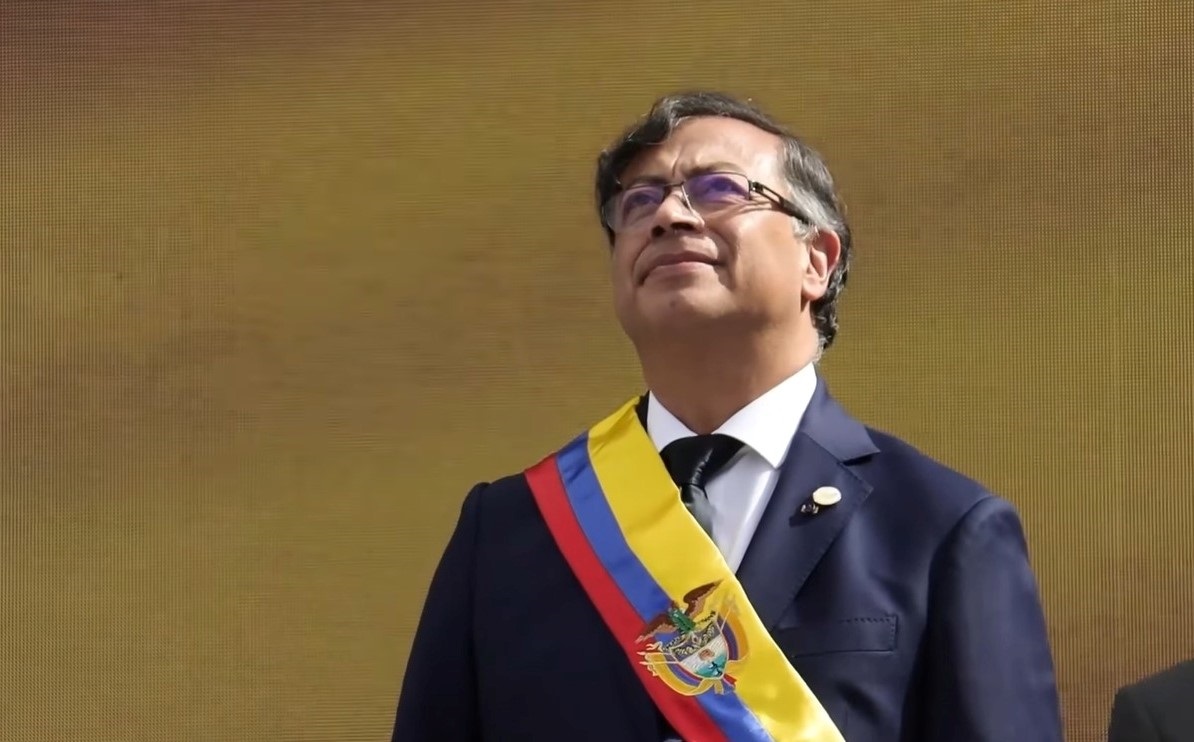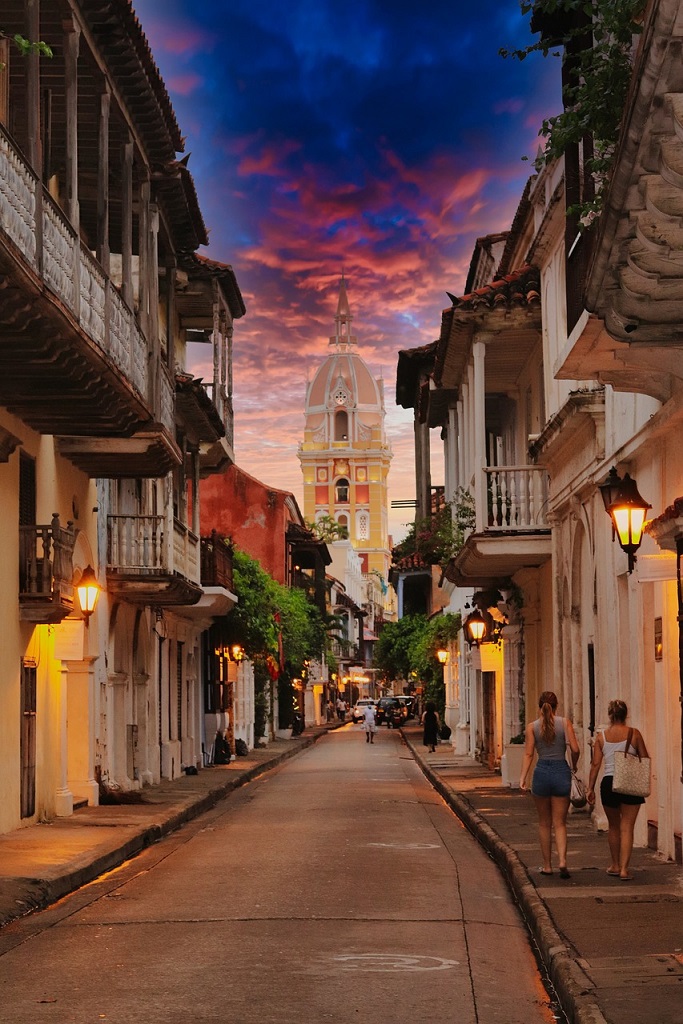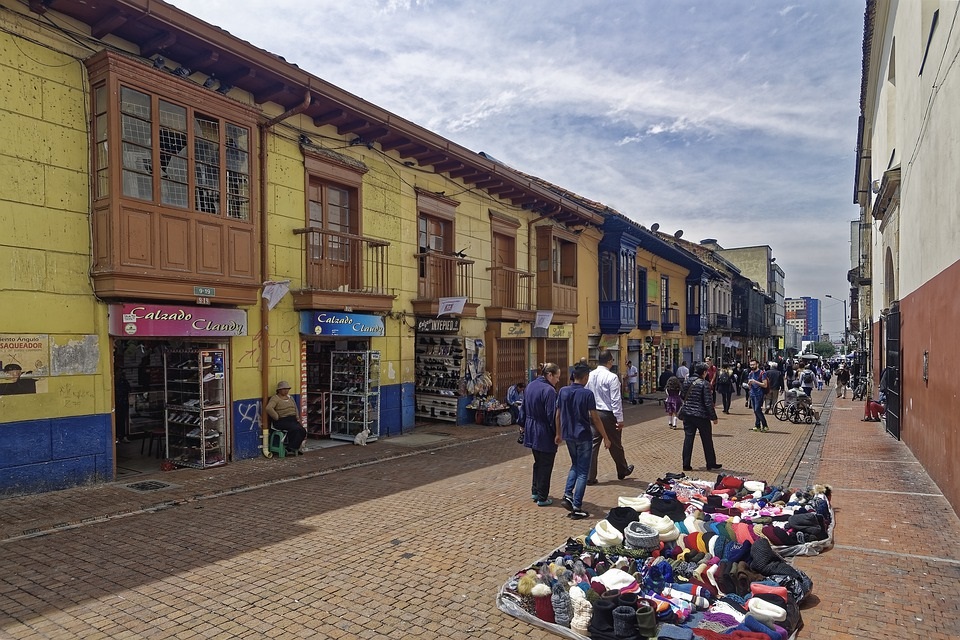The current president of Colombia (the first progressive one in the country’s history) is facing, as he did even before taking office, all manner of attacks from the opposition ranks, determined to prevent him governing. Therefore he must and can, within certain limits, proceed to weaken those factors of imminent risk.

Juan Diego García
Gustavo Petro came to the Colombian presidency with the support of a wide variety of political forces, within and outside his own coalition. However, the judicial power inherited from the previous far-right government is not exactly a reassuring factor. As for the legislative power, despite the weakening of the far-right, it does not guarantee an easy management of the laws that will give shape to the reform plans that the first progressive government in the country’s history has either.
The panorama of the state apparatus is not much different. The state is small, pre-modern and quite incapable in the face of the challenges of modernity, with a limited weight in the economic fabric, fruit above all of neo-liberal policies that have diminished the public sector, severely limiting the capacity of whoever is in government to intervene in the working of the economy.
Inside the state, we must highlight the role of the armed forces, police and security services, oversized for a country of something over 50 million inhabitants and a modest economy (compared to Brazil and Mexico, for example) and with links to foreign powers (the United States, especially) that represent a hindrance for any government wanting to make national sovereignty effective.
 Such institutional factors impose, to a large extent, difficult tasks on Petro’s government, since without advancing in this sphere it seems very difficult to turn his government’s plans into reality. And it is even more difficult to bring forward a strategy of overcoming the current neo-liberal model, not just where it concerns local interests (the creole oligarchy) but also, above all, where it is more decisive: the country’s close links in the world market and the complications involved in reaching the sort of international relationships that allow the exercise of sovereignty to be made real.
Such institutional factors impose, to a large extent, difficult tasks on Petro’s government, since without advancing in this sphere it seems very difficult to turn his government’s plans into reality. And it is even more difficult to bring forward a strategy of overcoming the current neo-liberal model, not just where it concerns local interests (the creole oligarchy) but also, above all, where it is more decisive: the country’s close links in the world market and the complications involved in reaching the sort of international relationships that allow the exercise of sovereignty to be made real.
The cases of Cuba and Venezuela show the huge risks that come with attempting to move beyond the condition of periphery nations, condemned to be just suppliers of raw materials and cheap labour for the benefit of the metropolitan economies.
As far as the institutional question is concerned, Petro’s government has, necessarily, to drive reform of the state itself, in terms not just of its modernisation but above all of its democratisation.
The most urgent thing to achieve is that the executive power really functions as a team fully identified with the government’s objectives, something which demands greater cohesion among its own ranks and similar solidity among its allies.
In traditional terms, Petro needs to advance greatly in the consolidation of his own party around the basis of a programme (immediate and long term) that is an indispensable ideological reference point.
 In addition to taking firm action against minor conspiracies (false news, self-interested exaggerations of government errors etc) which are now called “soft coup”, and the necessary advances in modernising the state apparatus, Petro’s government must and can, within certain limits, proceed to weaken those factors of imminent risk.
In addition to taking firm action against minor conspiracies (false news, self-interested exaggerations of government errors etc) which are now called “soft coup”, and the necessary advances in modernising the state apparatus, Petro’s government must and can, within certain limits, proceed to weaken those factors of imminent risk.
A first step would be to drive changes in the barracks: pursuing the many cases of corruption denounced daily; excluding from the ranks particularly officers and non-commissioned officers involved in illegal actions (the “false positives” murder scandal and the like), abolish compulsory so-called military service thereby vastly reducing public expenditure, and starting a modernisation of the armed forces so that they really guarantee national sovereignty.
In other words, build an army and a police force truly able to tackle modern challenges (air defence, border control, cyber defence and artificial intelligence defence) for which 100,000 military personnel would suffice, highly trained in new technologies and not at all in the traditional struggle of guerrilla warfare. It is likely that there is a sufficiently large group of officers willing to back a new, really national, army, that would eliminate the danger of a coup.
Fighting hard against corruption – especially theft from the public purse – would enable an enormous reduction in the funding sources of political parties which would disappear without those funds, clearing the scene considerably.
 It would be a very popular measure to regain confidence in politics. In so many cases, eliminating the funding source is the most effective measure, something that is equally true in the combat of many of the illegal activities linked to drug-trafficking. If the state brought forward measures to legalise these products, just as is the case already in some nations (and in some US states), the mafias would lose their source of income. If the state bought cocaine and opium from the peasant producers, with the raw material it could promote a national industry in opioids for medical use (India does it, without problem).
It would be a very popular measure to regain confidence in politics. In so many cases, eliminating the funding source is the most effective measure, something that is equally true in the combat of many of the illegal activities linked to drug-trafficking. If the state brought forward measures to legalise these products, just as is the case already in some nations (and in some US states), the mafias would lose their source of income. If the state bought cocaine and opium from the peasant producers, with the raw material it could promote a national industry in opioids for medical use (India does it, without problem).
The enormous manipulative capacity of the media – practically all of it in the hands of the local bourgeoisie and of foreign companies – could be compensated for by the promotion of public media (radio and television), no less than with direct contact with grass-roots organisations and people in general, so that the message is taken out of offices.
(Translated by Philip Walker – Email: philipwalkertranslation@gmail.com) – Photos: Pixabay












.jpg)












